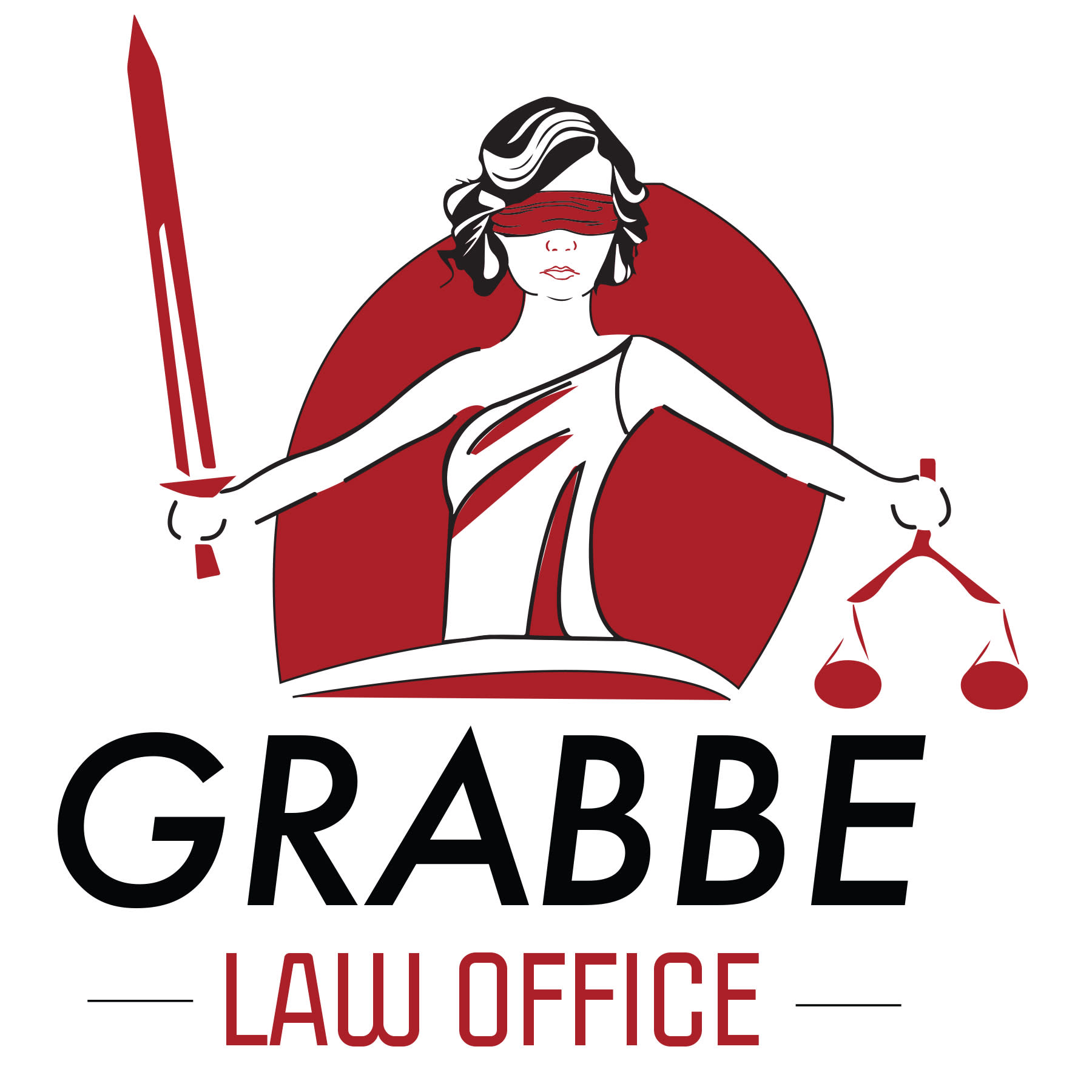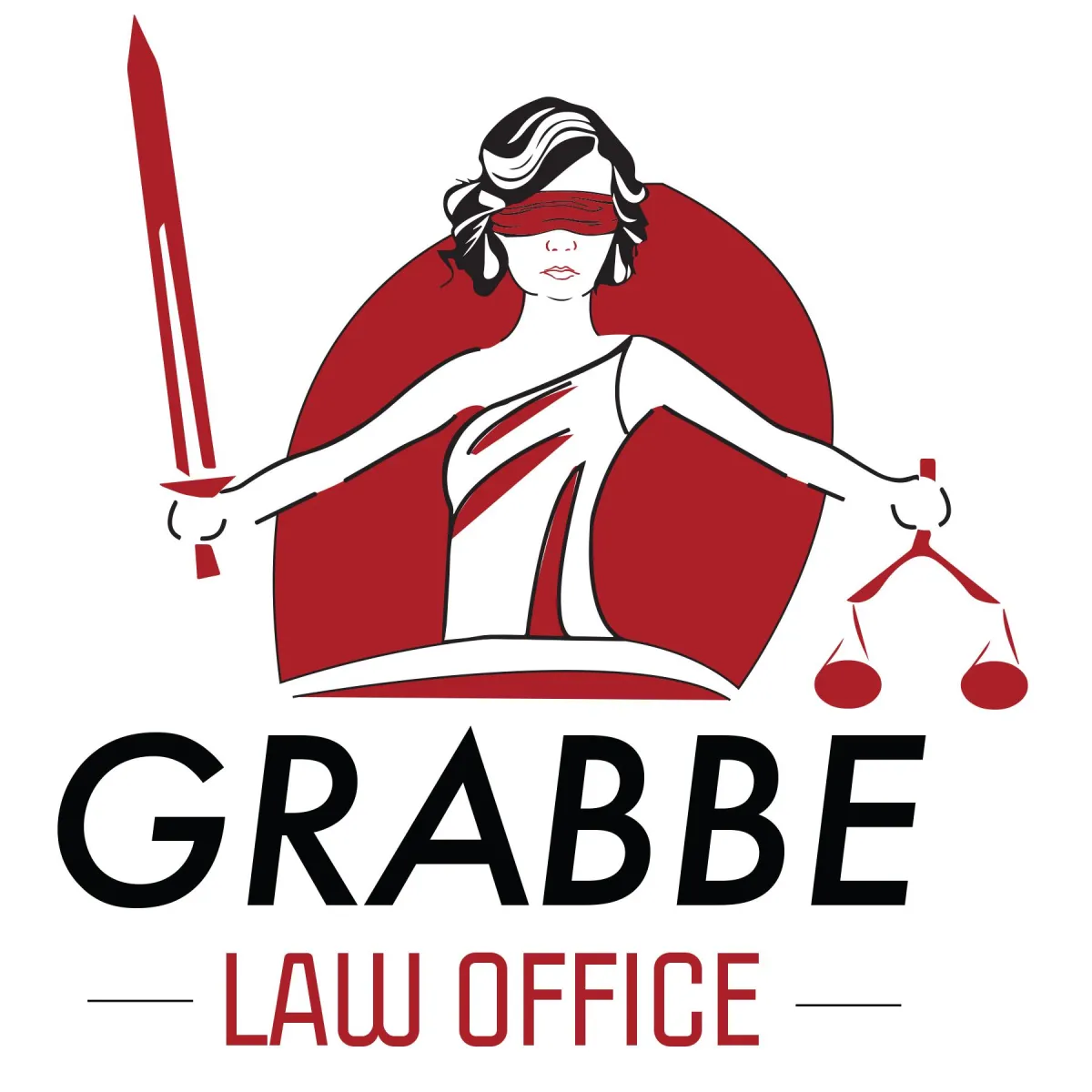Welcome to the Blog!

Can You Trademark A Catchphrase?
Trademarking a unique phrase that relates to a business may help that company to improve its brand recognition. Because of the potential benefits associated with this, it can be useful to learn whether it is possible to trademark a catchphrase and how to do it correctly to ensure that your legal rights remain protected. Learn the answer to “Can you trademark a catchphrase?” and discover how a Kansas trademark attorney from Grabbe Law Office can help you protect your intellectual property rights by calling 785-621-4711 or by scheduling a meeting on our calendar today.
Understanding Trademarked Catchphrases
To understand whether it is possible to trademark a catchphrase, it can be helpful to review definitions of both trademarks and catchphrases. The United States Patent and Trademark Office (USPTO) defines trademarks as words, phrases, symbols, designs, or several of these features combined that identify the source of products or services. They have two distinct elements, including the trademarked symbol, word, design, or phrase, and the product or service associated with the mark.
A catchphrase refers to a phrase associated with a particular company, good, or service, such as McDonald’s “I’m lovin’ it.”
Why Do Businesses Trademark Catchphrases?
Businesses register catchphrases as trademarks to gain several benefits, including:
· Gain the presumption of being the rightful owner. After registering a catchphrase as a trademark, the trademark owner gains the legal presumption of being the trademark’s rightful owner and having the legal right to use the catchphrase. This means if the trademark owner ever attends court to defend their trademark rights, they can simply present the registration certificate to prove they own it. In contrast, without registering the mark, it is more challenging to prove in court that one party is the mark’s rightful owner.
· Use the registration symbol alongside the slogan. Registered trademarks allow the business to use the official registration symbol to demonstrate its registration. This means if someone uses it without permission, the infringing party cannot claim that they did not know it was a registered mark.
· Acquire a federal database entry. Registered marks gain entry to the USPTO’s federal trademark database that lists all registered marks and applications. If another party then tries to register an existing catchphrase, the application is likely to fail due to the existing registration record.
· File federal lawsuits. While it is possible to sue an infringing party without registering the catchphrase trademark, these trademark owners may only sue in state courts.
· Register the mark abroad. After registering a catchphrase as a trademark with the USPTO, it is easy to use this application to register the mark in other countries to gain additional protections.
· Record the registration with customs. Passing the registration details of the catchphrase trademark to U.S. Customs and Border Protection means this agency may help prevent goods violating this trademark from entering the country. For example, if a business registers a catchphrase related to their shampoo business and then another company tries to import shampoos with this catchphrase printed on the packaging, customs can prevent these goods from entering the U.S.
How Much Does It Cost to Trademark a Catchphrase?
Trademarking a catchphrase involves paying the same costs as any other trademark. Depending on the type of form used, this cost ranges from $250 to $350. Which form you use depends on the specifics of your good or service.
Furthermore, when trademarking a catchphrase on the basis of intending to use it in the future, it is necessary to submit a usage statement in addition to the filing fee. For the latest fees for an online trademark registration application and statements of use, visit the USPTO’s website.
Consider contacting a seasoned Kansas trademark attorney at Grabbe Law Office to understand the answer to “Can you trademark a catchphrase?” and to see how we can help you understand all of your legal options.
How To Register a Trademark for a Catchphrase
When a business uses a catchphrase, they already have an unregistered, or common law, trademark. However, the protections afforded by these have limitations. Since registered trademarks offer additional protections, usually when someone discusses trademarking something, they mean registering it with the USPTO.
By registering a mark with the USPTO, the trademark gets federal legal protections in every state. In contrast, unregistered trademarks only gain limited protections in the specific area where the trademark owner uses them. To register a catchphrase as a trademark, send the USPTO an application that includes the following information:
· The catchphrase to trademark
· The date when the trademark owner began using the catchphrase
· The product or service associated with the slogan
· The proposed trademark owner’s contact details
· The application fees
When Can Companies Trademark Catchphrases?
While companies may register a catchphrase as a trademark as soon as they start using it, they can actually start the application process before it is used in commerce. If a business can demonstrate that they intend to use the catchphrase, they may start their applications and complete the mark’s registration before they start using the catchphrase.
To register the catchphrase, it is necessary for the trademark owner to use it (or show that it will be used) in a commercial setting, which varies in meaning depending on whether the mark relates to products or services. If the trademark concerns goods, it is essential that the business is currently selling or shipping the goods and that the catchphrase appears on the products, their packaging, or on a sale display. Conversely, when the mark relates to services, it is necessary for the business to perform the service and for the catchphrase to appear during the service’s advertising, sale, or completion.
In addition, before registering a catchphrase with the USPTO, it is necessary to use the mark in a commercial setting that the federal government regulates. This means it is essential to sell or ship the products or provide the services between either:
· At least two states
· The United States and one of its territories
· The United States and another country
Contact an Experienced Kansas Trademark Lawyer Today
Many reputable businesses have successfully trademarked a slogan and used them to promote their product or service. If you are thinking about trademarking a catchphrase, consider contacting a seasoned lawyer to learn about the requirements and whether pursuing this type of trademark is worthwhile. Individuals may gain a more comprehensive answer to “Can you trademark a catchphrase?” and see how a Kansas trademark attorney from Grabbe Law Office can assist them with their IP concerns by contacting 785-621-4711 or by scheduling a consultation on our calendar today.








